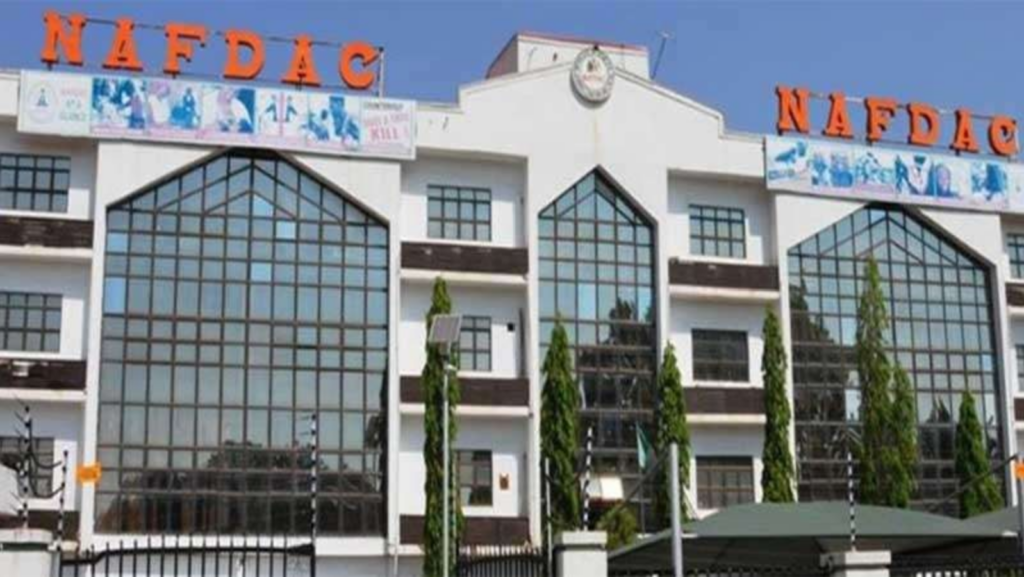The National Agency for Food and Drug Administration and Control (NAFDAC) has committed to enhancing the quality of herbal products to gain recognition on a global scale.
This commitment was articulated in a statement issued on September 10, 2023, by the Director-General of the National Agency for Food and Drug Administration, Prof. Mojisola Adeyeye.
The statement, which was released through NAFDAC’s media consultant, Mr Olusayo Akintola, highlights NAFDAC’s dedication to improving herbal medicine products for worldwide acceptance, News Agency of Nigeria reported.
Prof. Mojisola Adeyeye, in her message commemorating the 2023 International Traditional Medicine Day celebrated on August 31, lauded the efforts of herbal medicine manufacturers in Nigeria for their perseverance.
She expressed pride in the development of various herbal formulations and their progression from clinical trials to approval stages under NAFDAC’s supervision.
How NAFDAC plans to enhance the quality of herbal products for worldwide acceptance
Adeyeye revealed that NAFDAC has formulated guidelines for Good Manufacturing Practice (GMP) in herbal medicine production and is actively organizing training sessions to familiarize practitioners with these guidelines.
After this training, NAFDAC will initiate rigorous inspections of facilities to assess the preparedness of herbal practitioners to comply with the guidelines.
She also said NAFDAC was committed to monitoring and ensuring compliance with these guidelines after the training and will disseminate knowledge of the guidelines to over 614 herbal medicine facilities nationwide.
Adeyeye emphasized that this is vital to standardize the sector, as NAFDAC cannot enforce rules on herbal medicine practitioners who have not undergone training.
The NAFDAC D-G disclosed that the training of stakeholders would commence in Lagos, which has more than 317 facilities.
Following the training, herbal practitioners will have a grace period to prepare for inspection visits by NAFDAC personnel.
NAFDAC’s stringent measures for herbal medicine standards and safety
A stern warning was issued that any herbal practitioner failing to meet NAFDAC’s standards will face consequences such as facility closure or suspension.
Adeyeye emphasized NAFDAC’s concern for hygiene in herbal medicine practice and the need to transition from manual capsule filling to semi-automated methods for safety reasons.
The NAFDAC D-G revealed that the agency intends to cease registering companies without the required filling automation by the end of the year.
Adeyeye noted the widespread use of herbal medicine in Nigeria and stressed the importance of raising standards for the benefit of the country.
She also revealed that the University of Lagos is establishing a manufacturing facility to assist practitioners without adequate funds for filling automation at an affordable rate.
The NAFDAC boss concluded by emphasizing the importance of personnel qualifications, clean premises, and proper equipment placement to ensure contamination-free production in line with GMP standards.
- In her words, “Herbal manufacturing GMP requires that the personnel be qualified, and the building be constructed to specific standards.
- “The floor, walls, and roof must be clean, smooth, and impervious to moisture.
- “All these are required to make contamination impossible as the guidelines emphasise the need for hygiene and also how the premises should be.
- “We want a building that will make contamination impossible, the inspectors from the agency will be specific about how the equipment is placed to avoid cross-contamination.
- “In manufacturing, personnel are the greatest agents of contamination to products, the machines should be well placed to allow free flow of movement of staff.”
Additionally, Adeyeye expressed optimism about ongoing clinical trials by three herbal product manufacturers and encouraged practitioners to submit pilot study results for evaluation.
She emphasized the need for a larger sample size in phase three of clinical trials due to individual variations in drug responses.
